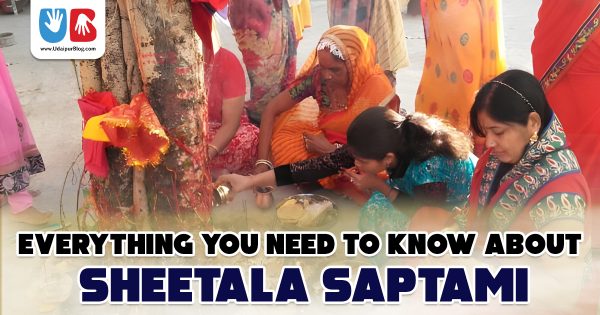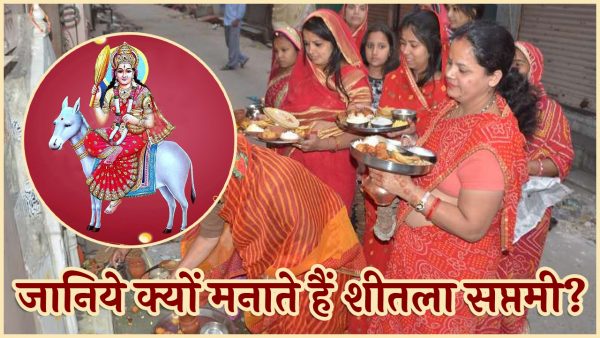Posted inFestivals
Everything You Need to Know About Sheetala Saptami
Udaipur is known for its culture and diversity. And festivals are the mirror of the cultures. Big or small, the enthusiasm with which we celebrate every occasion is what makes…

